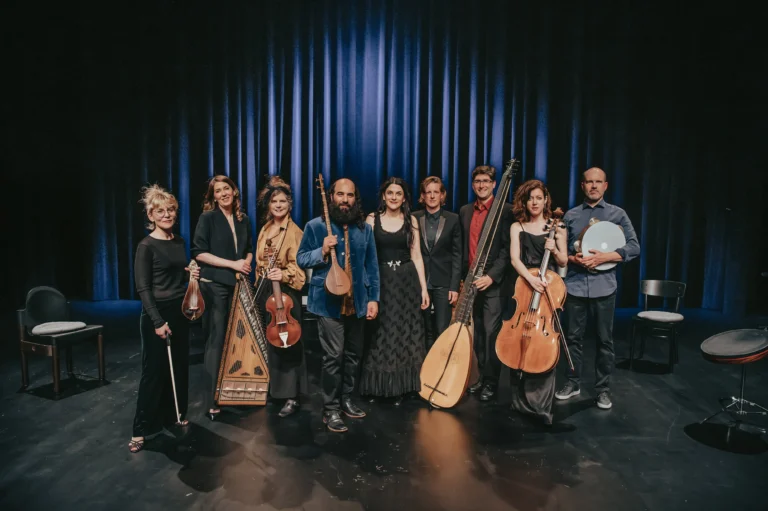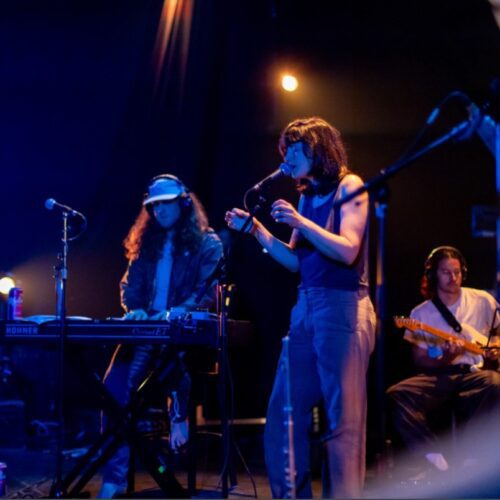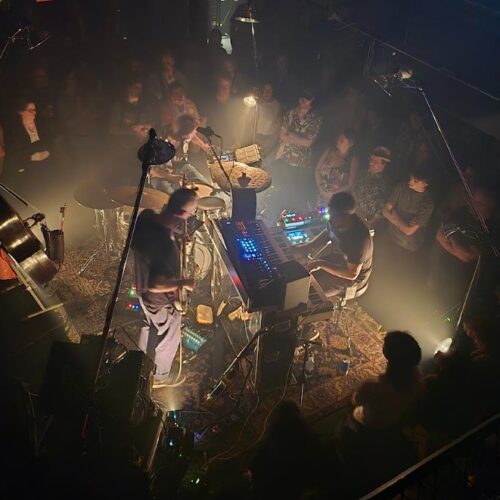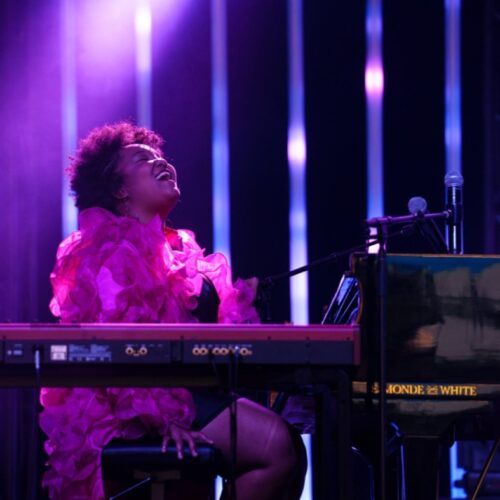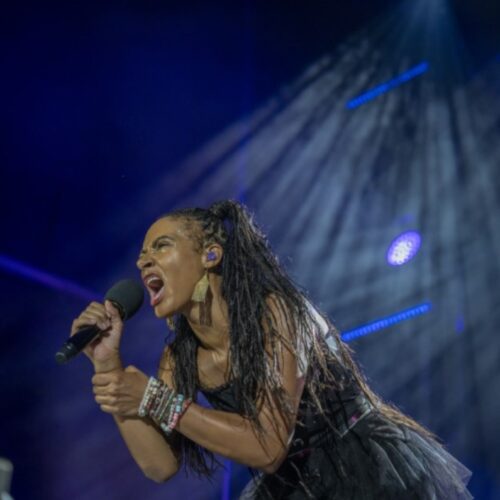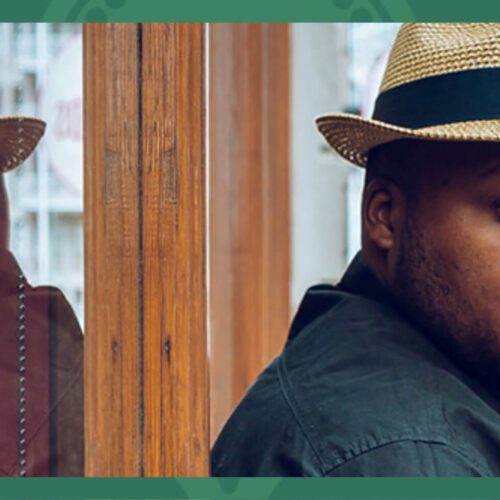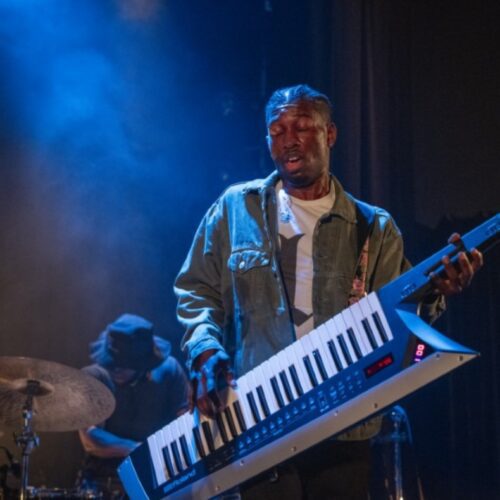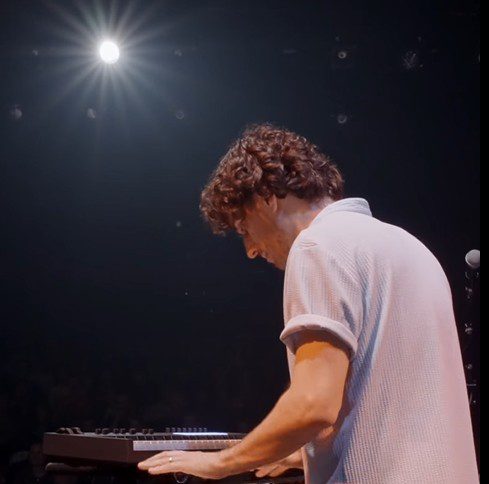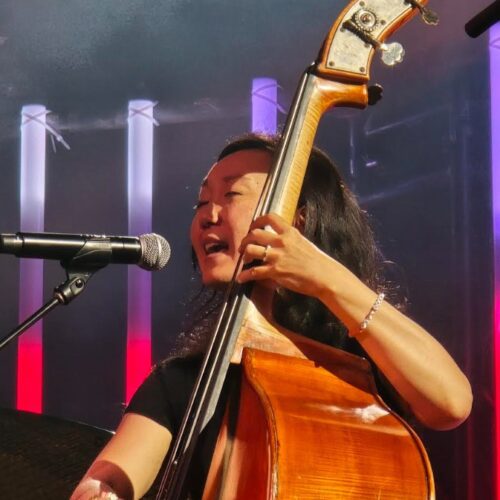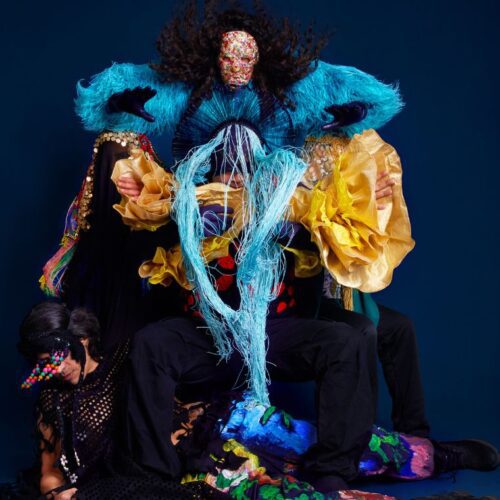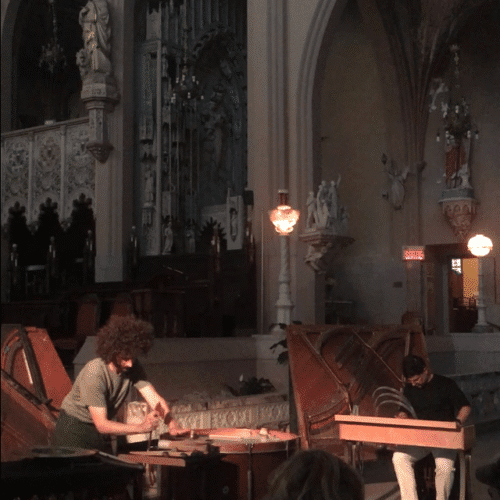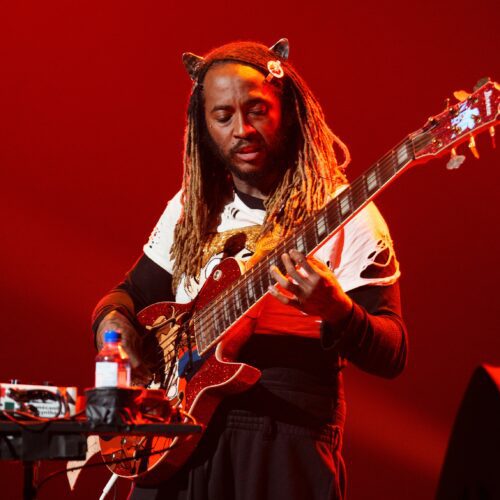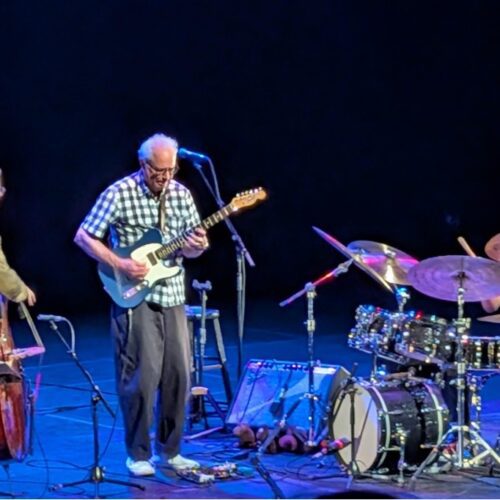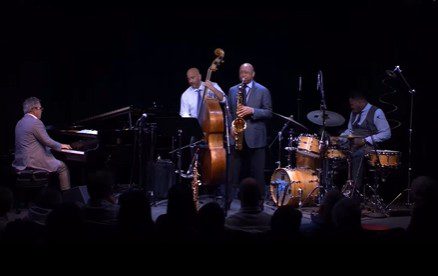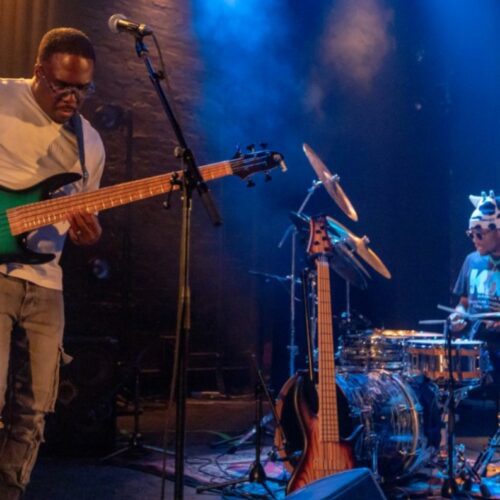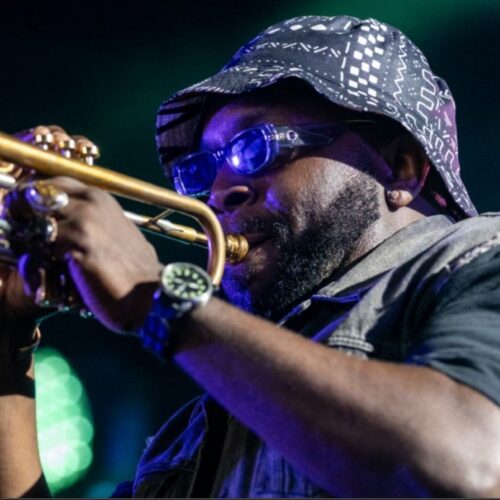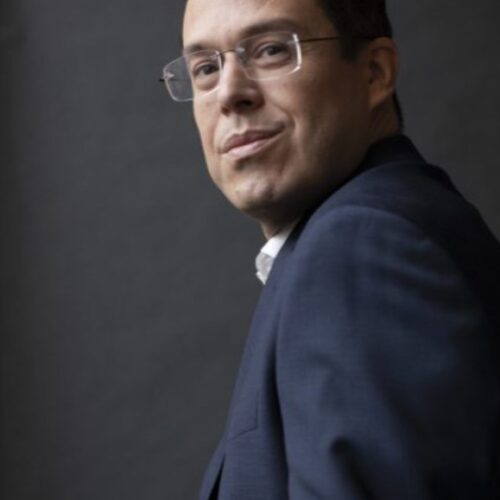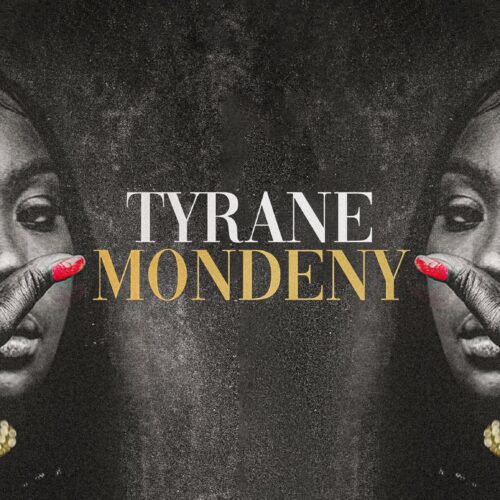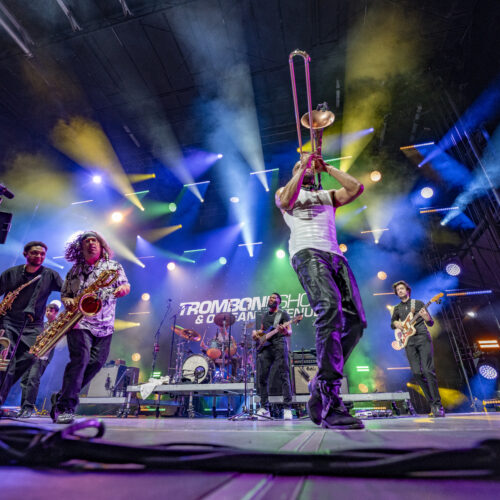The Constantinople ensemble led by Kiya Tabassian invited audiences to a deeply moving and human encounter last night at Montreal’s Salle Bourgie. Bringing together musically and thematically the scores of Bach (1685-1750) and the texts of Persian poet Omar Khayyam (1048-1131), even 600 years apart, Tabassian and the musicians who accompanied him provided a vehicle for beautiful moments of communion for the large audience, diverse in age and cultural background. The choice of pieces was obviously made with great care, as the sequences between excerpts from cantatas (for example) and songs or instrumental pieces in classical Persian style flowed with great fluidity. Czech soprano Hana Blažíková has a beautiful voice, beautifully balanced and impeccably in tune.
The same concert, with the same performers, at the Abbatiale Sainte-Foy de Conques, on August 9:
Bach and classical Persian pieces were interwoven in a kind of inspired cohabitation in which the two giants exchanged, and sometimes even sang in a shared unison, about life, death, God and love. All this was done with great respect, leaving as much room for one as for the other, but also for closer, almost fusional interactions. It’s fascinating to note that two worlds which, 50 years ago and more, would have seemed irreconcilable to supposed musical connoisseurs and purists, now seem perfectly capable of getting along and stimulating sustained attention and enthusiastic reactions from the audience. The applause was warm indeed. It seems that music is once again a model that the human race should follow more closely!
Let’s also underline the high musical quality of the ensemble’s members, regulars like Didem Basar on kanun, Tanya LaPerrière on baroque violin, Michel Anger on theorbo and Patrick Graham on percussion (and Tabassian himself on vocals and setar), and guests like Turkish Neva Özgen on kemenche, Dutch Tineke Steenbrink on positive organ (also co-founder of Holland Baroque) and German Johanna Rose on viola da gamba.
Photo credit: Constantinople
